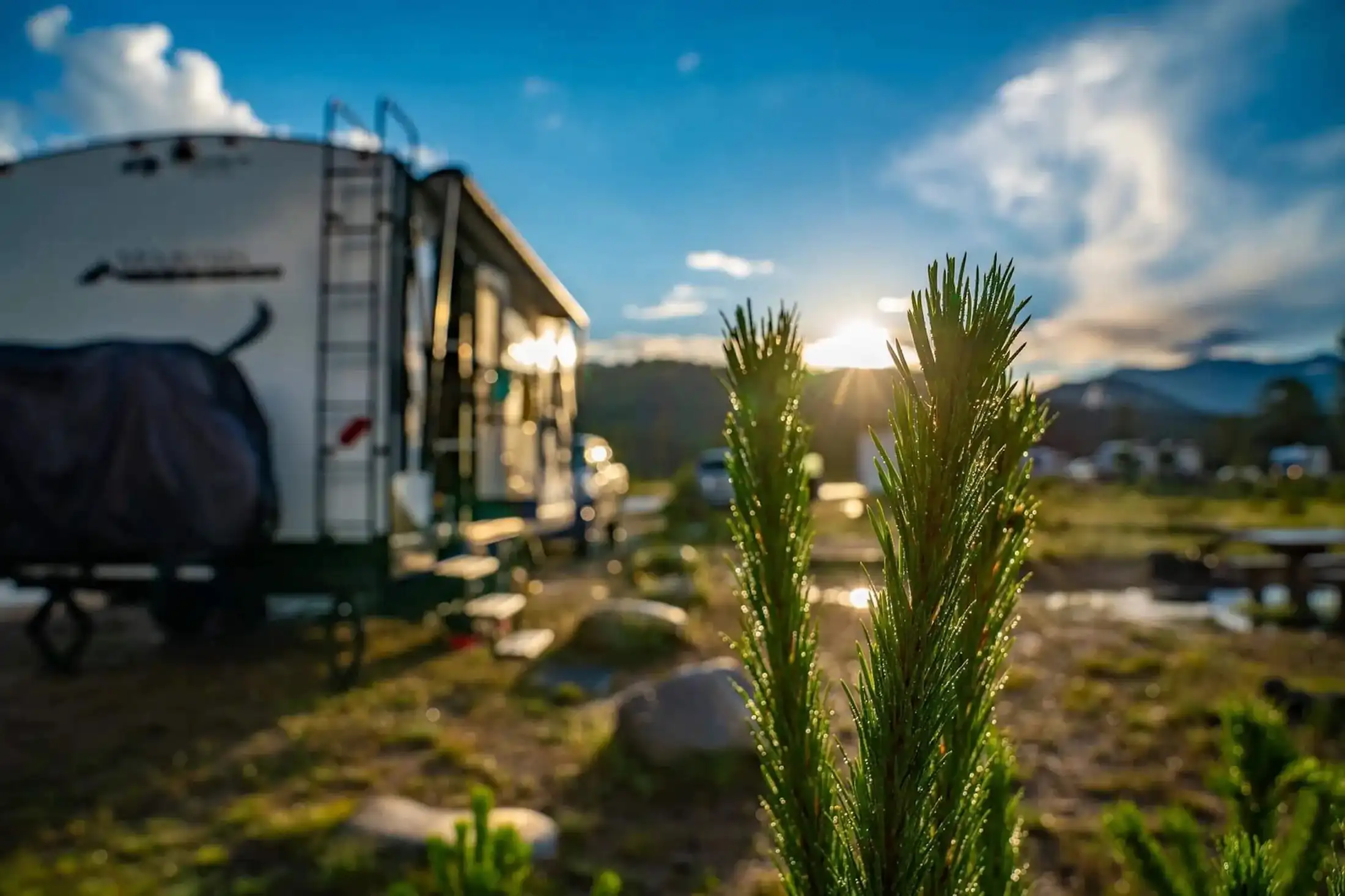RVing is far from always being smooth sailing and even more so when you’re new to it.
Preparation as a new RV owner is important, but you must still be ready to make some mistakes along the way as they’re seemingly inevitable to an extent. With a little research and planning ahead of time though, you can avoid many of the issues new RVers endure. Hopefully by sharing the more common miscues here, you’ll have a much better chance of avoiding them altogether.
Forgetting important items
Many learn the hard way there’s a strong need to have a checklist of steps required for preparing to move from one location to the next. With a trailer, there are more steps than an RV. Regardless of the type of RV you have though, there are action items that can be very detrimental to you and your rig if you forget to do them beforehand.
These may seem like second nature, and steps that you can’t imagine forgetting. You’d probably be surprised by just how often you feel rushed or anxious on travel days. It’s easy to feel flustered when cleaning, strapping down, packing up, planning your route, and getting directions all while keeping an eye on the time to ensure you’re done by checkout time.
Doing some tasks the night before is helpful. Get your tow vehicle or rig gassed up the night before so you don’t have to worry about stopping right away. Maybe even clean and stow or strap down items the night before as well. Give yourself plenty of time too.
Your RV checklist should include things like turning off the water pump and water heater, putting the stabilizer legs up, closing all the windows and vents, checking the brakes, turn signals, and tire pressure, ensure the tailgate isn’t down, etc.
You can find checklists online or create one yourself. Make sure you actually use it though and double check everything. If you’re a couple, each person should ensure every item is completed and checked off. Then after you pull away from your spot, one person should walk around the campsite to make sure you didn’t leave anything behind. There also needs to be a checklist for when you arrive at your new destination. It’s a consistent process that’s very helpful.
Understanding what’s really needed in an rv
It’s important to understand what needs you have in an RV. Think about your lifestyle, and make sure the RV you purchase fits that. Here’s a list of what you’ll usually need in an RV from a general safety and preparedness standpoint. It’s a list that’s longer than you may think.
- Aluminum foil, bed linens, bottle opener, bowls, chairs, cooking utensils, cups, cutting board, daily activity and weather based clothes, dish soap, food storage containers, hiking gear, insect repellent, insurance paperwork, jumper cables, disposable gloves, first aid kid, flashlight, levelers, owner’s manual, pans, paper towels, phone charger, plastic wrap, plates, portable generator, pots, sleeping bags, registration, sun screen, tire pressure gauge, tables, tool kit, and wheel blocks
Trusting gps and not validating your route
The vast majority are accustomed to GPS for directions. As a result, nowhere near the amount of thought necessary goes into a route. People simply type in the address and leave usually without double checking, which is something you simply can’t do with an RV. Highways are one thing, but it’s ultimately the roads leading to and from them that you need to be extra careful of.
Sometimes GPS can take you to a highway that goes straight through a mountain. The roads could be among the windiest and narrowest you’ll ever encounter. Along the way, there could be a lot of low hanging trees. Not to mention low clearance bridges and tunnels as well as roads that suddenly have weight limits with no warning. To avoid getting yourself into this type of a dangerous situation, purchase an RV specific GPS. It’ll give you the peace of mind you need.
Never doing a practice run before rving full time
There’s so much you can learn from RVing. We’d highly encourage you to practice as much as possible before even remotely considering doing it full time. These practice runs also allow you opportunities to incorporate everything we’ve listed above, which will obviously make your lives on the road a lot easier. This would also greatly increase your confidence and eased understandable nerves a bit too. One of the best ways you can do this is by taking a short road trip with a rental RV to learn these things prior to making such a significant purchase. Especially if you plan on venturing into long term RVing, it’s a great idea to use rentals to learn the ropes and what you like and dislike in an RV. Then the buying decision will be that much easier.
Going too far and fast
RVing isn’t just about the destination. It’s also about enjoying the overall experience on the road. Going too far in one day of driving could not only leave you exhausted, but it’s also dangerous. It’s always better to break your journey down into manageable portions and rest when you need to. Similarly, don’t try to go faster than you need to in your RV. Take it safe and slow. Driving at higher than needed speeds trying to race to your destination can cause unsafe conditions.
